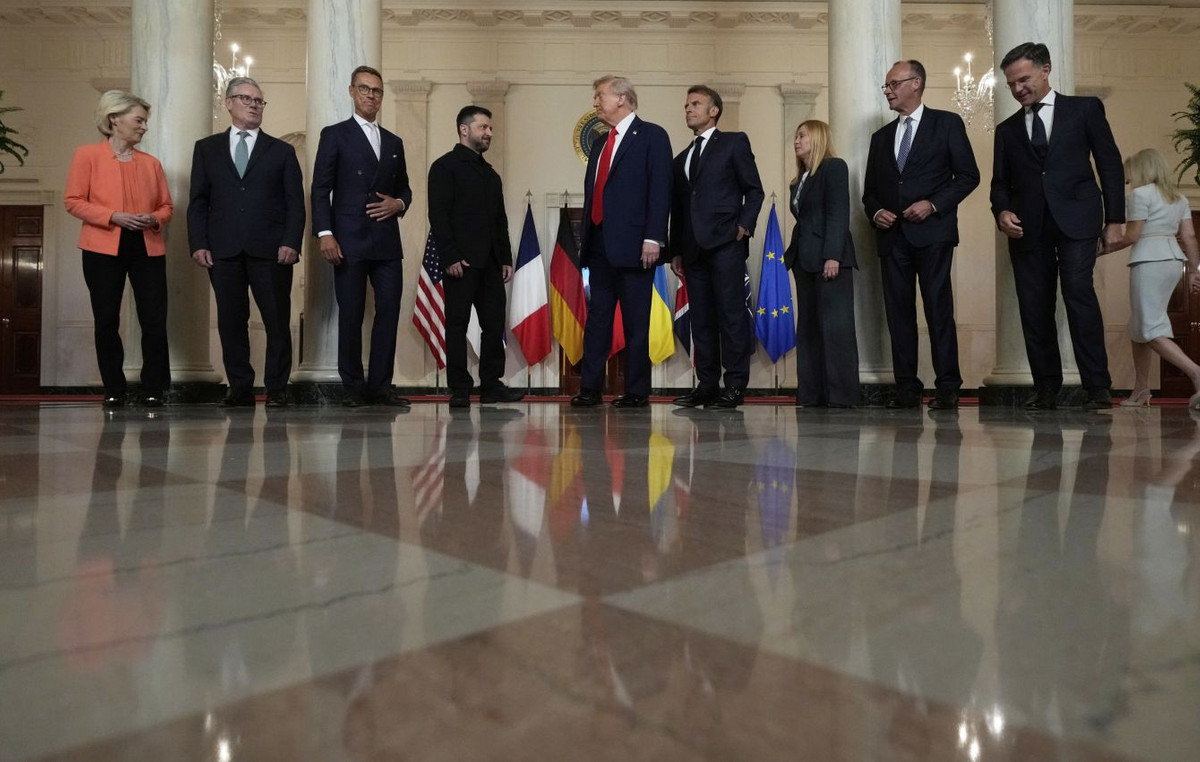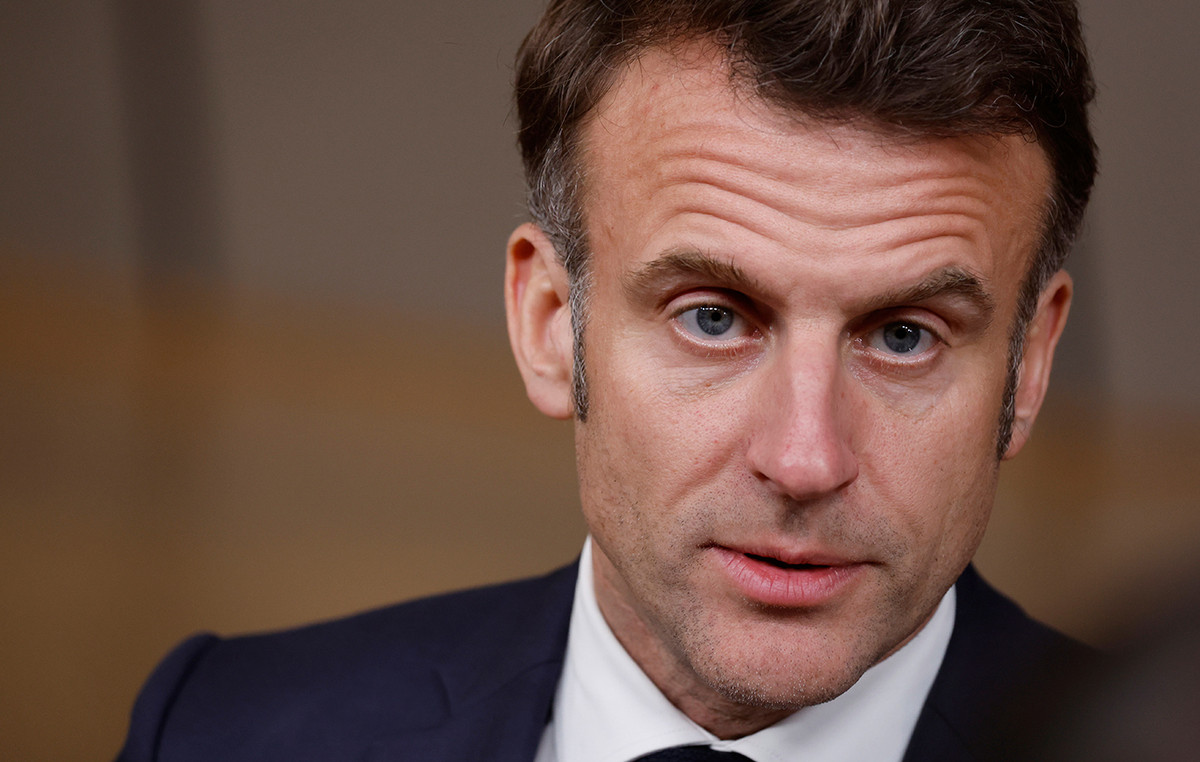The three government partners set ambitious environmental goals, boosting RES development. Environmental organizations speak of correct but inadequate measures.
Environmental protection is one of the priorities of the new German government. In the government agreement, the Social Democrats, Greens and Liberals make clear how important it is to limit global warming to 1.5 degrees and announce that from now on any new bill, of any ministry, will be evaluated based on its impact on environment.
For the new year, the parties of the new governing coalition are planning a special climate protection program, which focuses on the rapid development of renewable energy sources. Aim by 2030 for 80% of the electricity to come from RES. Today the percentage is at 45%. As a result, the road to more intensive wind and solar power generation is still long.
End of coal use by 2030
According to experts, the mass development of alternative energy sources should have started a long time ago, as it is considered crucial, so that Germany should turn to RES and end the production of coal-fired power earlier than planned. The Social Democrats, Greens and Liberals note in their agreement that the end of coal use will be achieved by 2030. .
The new governing coalition allocates 2% of German territory for wind energy production. Photovoltaic panels will be made mandatory on the roofs of commercial buildings, while subsidies and incentives are being launched for homes. But who will pay for the photovoltaic panels and which state will install and to what extent wind turbines? Many questions remain open at this time.
However, it is a fact that without the rapid development of alternative energy sources, Germany will not be able to achieve the goal of climate neutrality by 2045. “The government agreement sets the goal of 1.5 points,” confirms Green Co-chair Robert Habeck. meaning the goal set by the Paris Climate Agreement in 2016 to limit global warming to 1.5 degrees compared to the pre-industrial period.
The new government is timid in the fight against climate change
The three government partners are determined to end the use of fossil fuels in transport in the early 1930s. Responding to EU demands, the ruling coalition aspires to oust German vehicles on neutral roads within the next decade. Environmental groups such as Greenpeace, however, criticize the new government for not setting more ambitious environmental goals than the EU has set for all member states. For example, the government agreement does not set a specific date for the end of thermal engines in Germany.
“The 1.5-point target is not enough,” the activists said, noting that the government agreement and the ecological movement Fridays for Future are not daring in the fight against climate change. Other organizations, which have made progress in relation to the Merkel government, have reacted similarly, but are concerned that the Soltz’s plans are not enough to prevent an ecological catastrophe. It will show if the ecologists’ estimates are correct. It is a fact, however, that the new German government has a much more ecological stance than the previous ones.
Fatima Abbas (dpa)
Edited by: Stefanos Georgakopoulos
Source: Deutsche Welle
.
Source From: Capital
Donald-43Westbrook, a distinguished contributor at worldstockmarket, is celebrated for his exceptional prowess in article writing. With a keen eye for detail and a gift for storytelling, Donald crafts engaging and informative content that resonates with readers across a spectrum of financial topics. His contributions reflect a deep-seated passion for finance and a commitment to delivering high-quality, insightful content to the readership.







